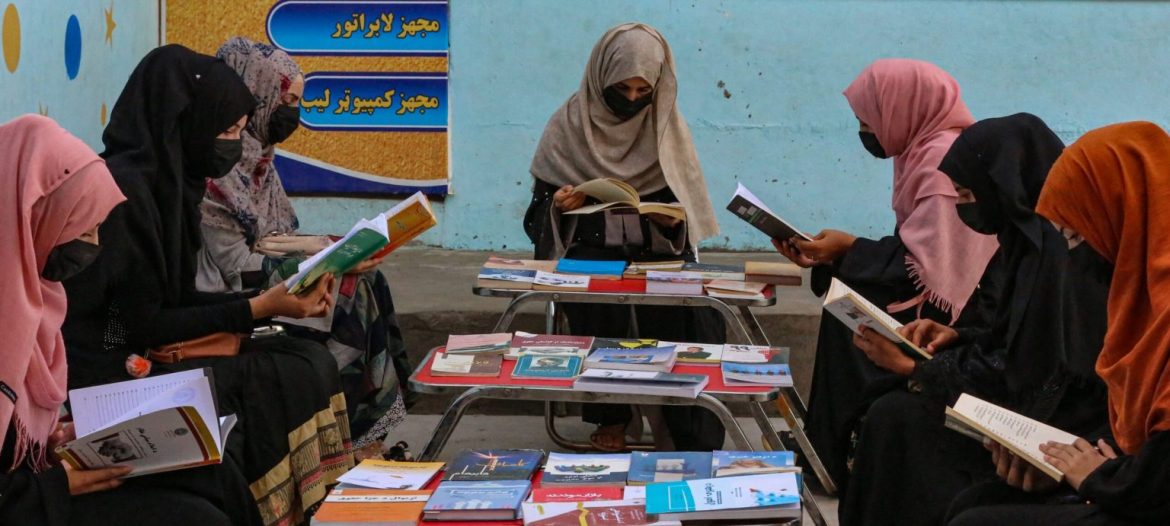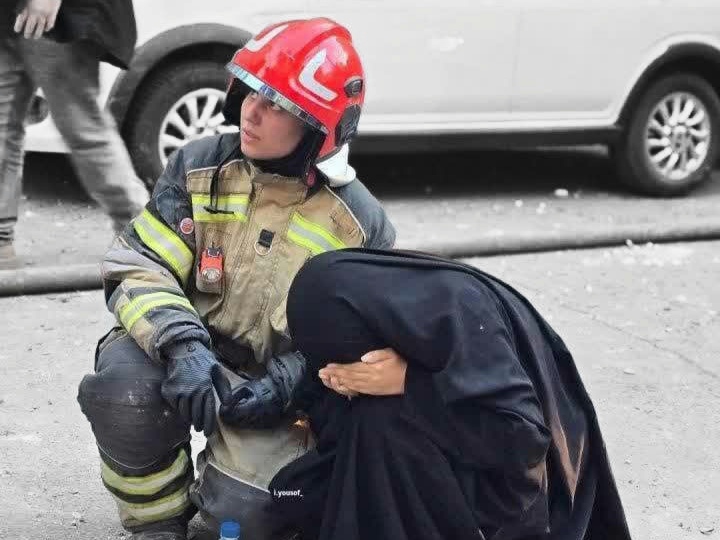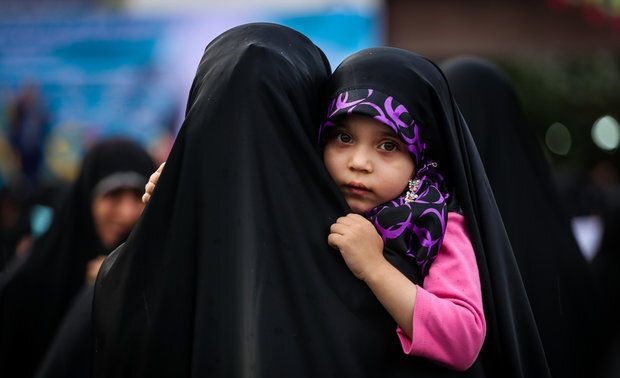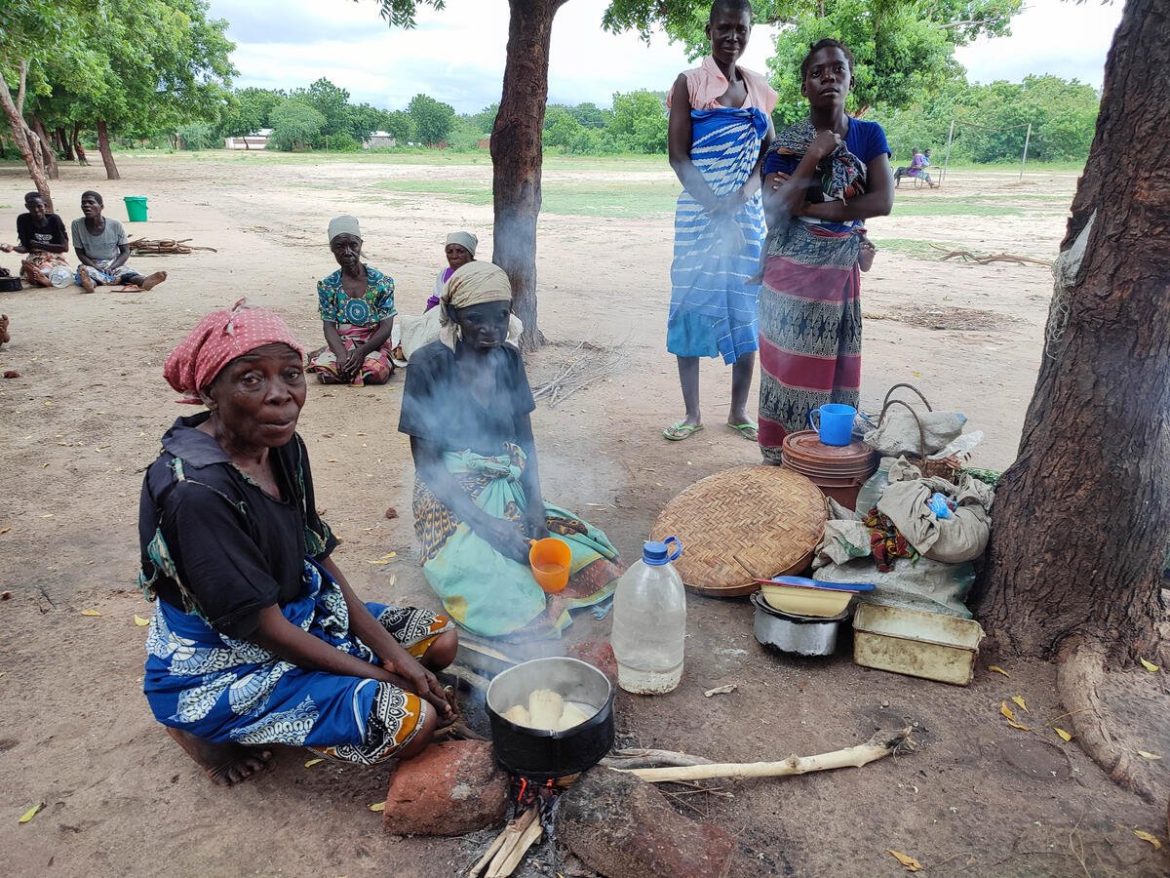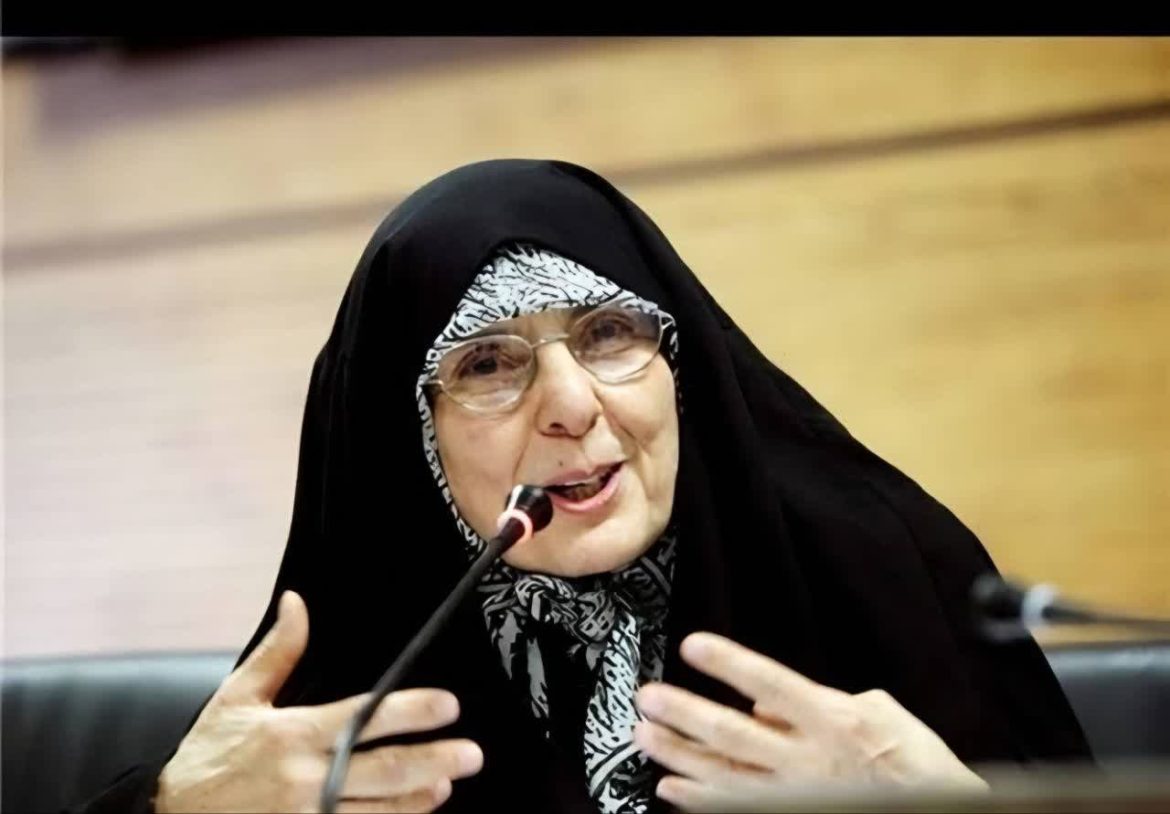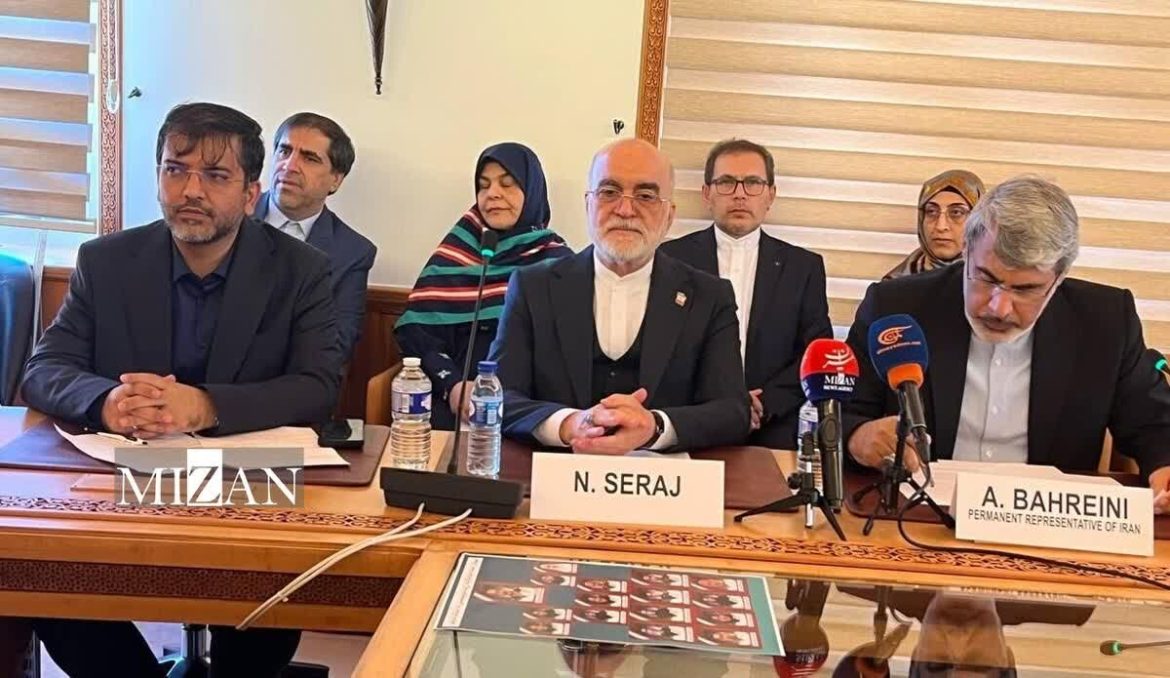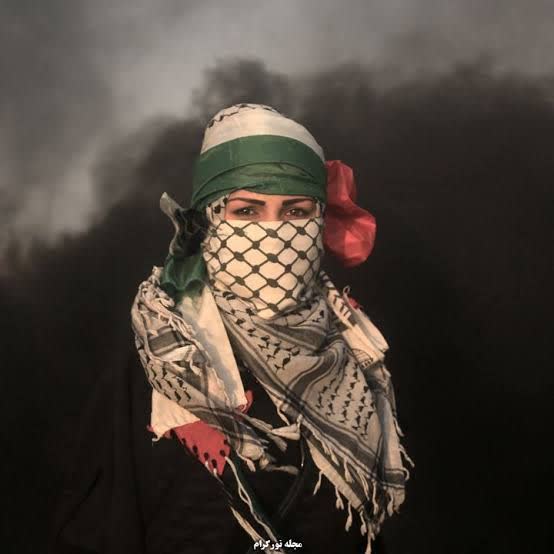In a significant step toward the ideological Islamization of Afghanistan’s education system, the Taliban’s Ministry of Higher Education has banned 679 textbooks from the country’s universities. Official documents issued in August 2025 (Shahrivar 1404) to public and private universities reveal that 140 books were banned because their authors are women, and 310 were banned due to their connection to Iranian authors or publishers. This move, analysts warn, creates a significant void in higher education and systematically severs Afghanistan’s academic ties with the wider world .
The ban, enacted through official directives, targets a wide range of academic materials and subjects, fundamentally reshaping higher education in Afghanistan.
- Official Justification: Zia-ur-Rahman Ariobi, the Taliban’s deputy minister of higher education, signed the directive with the title “Sheikh al-Hadith.” He stated that religious scholars and specialists reviewed the curricula and identified these books and learning resources as contradicting “Sharia principles and the policies of the system,” having been evaluated from ideological, intellectual, religious, policy, cultural, and scientific perspectives .
- Targeted Subjects: The ministry has completely banned teaching 18 subjects. These include courses related to modern state concepts and democracy, such as Human Rights and Democracy, Electoral Systems, Good Governance, Sociology of Women, Gender Communication, the Role of Women in Public Relations, Sexual Harassment, History of Religions, and Philosophy of Ethics . A further 201 courses have been identified as having “relative problems” and must be taught with modifications. This list includes subjects in law, political science, international relations, psychology, and counseling .
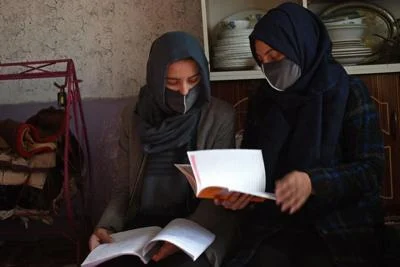
Academic and International Repercussions
The ban has been met with severe criticism from academics and international observers, who point to its devastating impact on educational quality and future prospects.
- Academic Condemnation: University professors have condemned the move. Nasrullah Stanikzai, a former professor at Kabul University, stated that removing this volume of educational resources without providing alternatives is a “major error” that will create a significant void in the future of young Afghans . Faizullah Jalal, another professor, believes these policies “set Afghanistan back hundreds of years,” effectively collapsing schools and universities by replacing professional subjects with religious ones .
- Threat of Academic Isolation: Experts warn that these changes may lead to the isolation of Afghan universities from global academic institutions, limiting opportunities for research cooperation and international participation. There is a growing concern that the competitiveness of Afghan graduates abroad will be severely weakened .
Broader Context of Taliban’s Educational Policies
This textbook ban is not an isolated incident but part of a systematic effort by the Taliban to align education with its strict interpretation of Islamic law.
- Islamization of Curriculum: Since returning to power in 2021, the Taliban has enforced a policy of “Islamization” of academic content. This has included removing disciplines like music and visual arts from university programs and replacing them with agriculture and religious studies . A committee for revising curricula was established in 2022 to begin this process .
- Crackdown on Media and Expression: Parallel to the restrictions on education, the Taliban has imposed a severe crackdown on journalists, particularly women. Female journalists have been forced to leave their jobs or the country, and media face heavy censorship, effectively locking down freedom of expression .
The Taliban’s extensive ban on hundreds of textbooks represents a pivotal moment in the group’s campaign to ideologically reshape Afghan society. By systematically removing subjects related to modern governance, human rights, and gender studies, and by silencing the contributions of Iranian authors and women scholars, the regime is forging an educational system devoid of diversity and critical thought. This policy not only threatens to isolate Afghan academia internationally but also risks creating a generation of students unprepared for the modern world, with profound consequences for the country’s future.
euronews


